Your cart is currently empty!
Tag: EnvironmentalImpact
Cannabis cultivation is expanding globally due to increasing legalization, but it poses significant environmental challenges. Key concerns include high water usage, energy consumption, and soil degradation. To address these issues, growers are adopting sustainable practices such as water conservation techniques, renewable energy use, and soil enrichment methods. The industry is also embracing initiatives like eco-friendly…
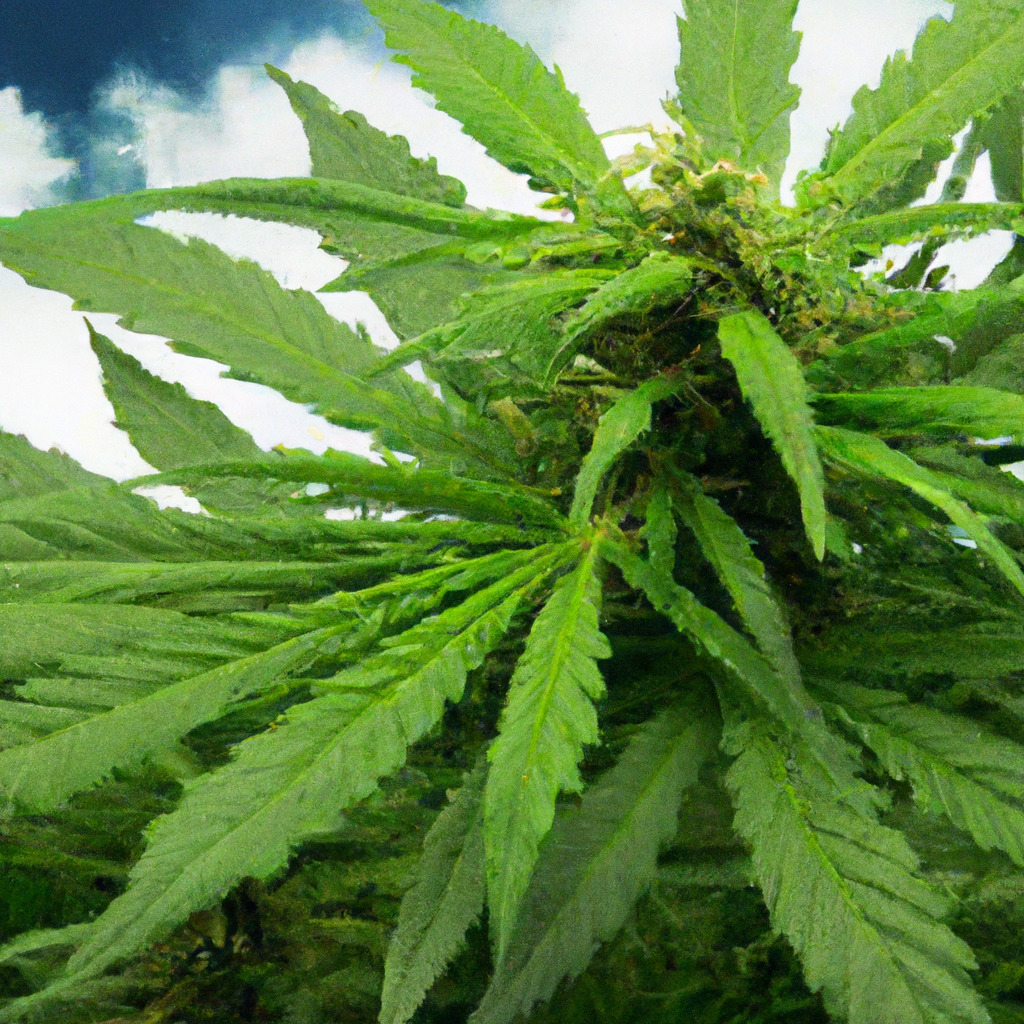
As the global cannabis industry expands, its impact on agriculture and sustainability becomes increasingly significant, particularly regarding soil health. Cannabis cultivation can both positively and negatively influence soil ecosystems. Positive effects include enhanced nutrient cycling and microbial diversity, while challenges such as over-farming and soil depletion may arise without sustainable practices. Cannabis also has potential…
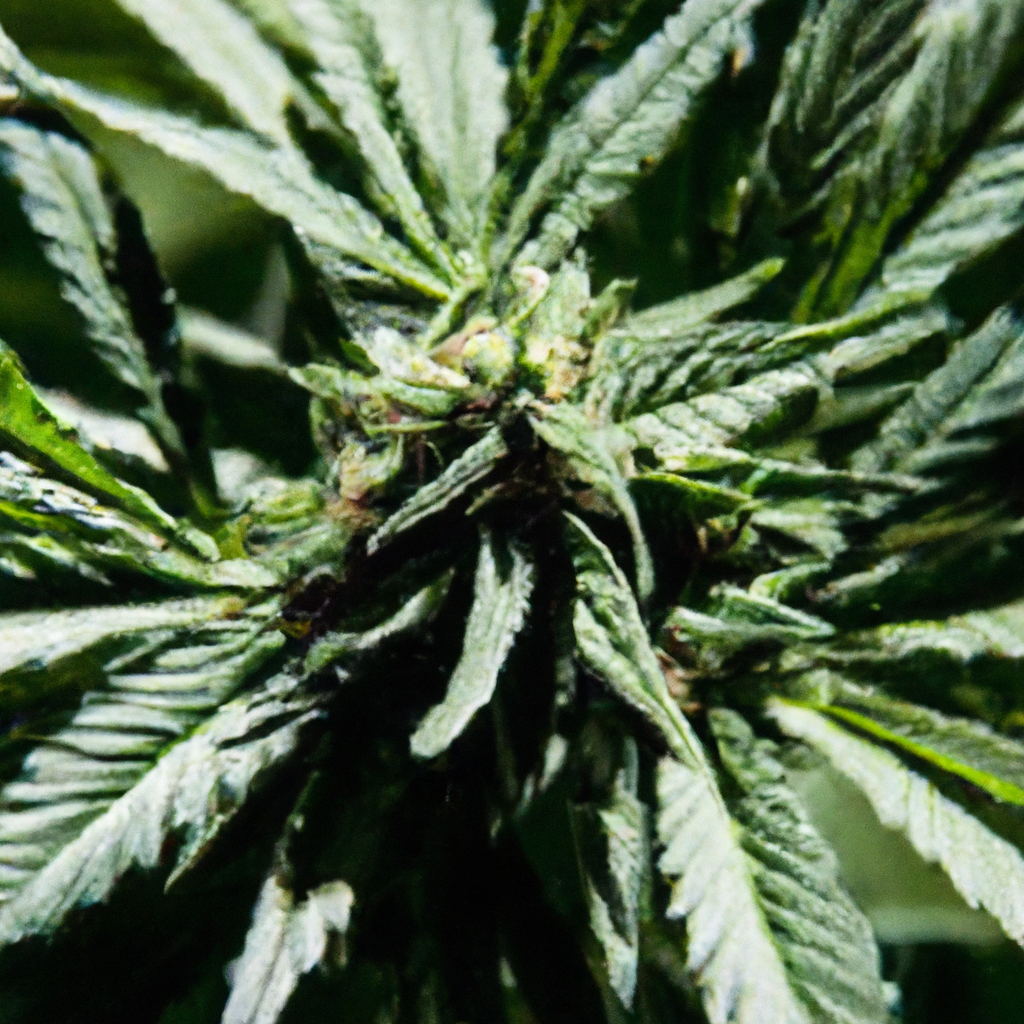
Growing cannabis successfully involves managing plant stress to boost health and yield. Stress factors—environmental, nutritional, and physical—can severely impact growth. Effective management techniques include controlling temperature and humidity, maintaining balanced nutrition with optimal pH levels, and careful handling through gentle pruning and low-stress training. By understanding and mitigating these stressors, cultivators can ensure healthier plants…
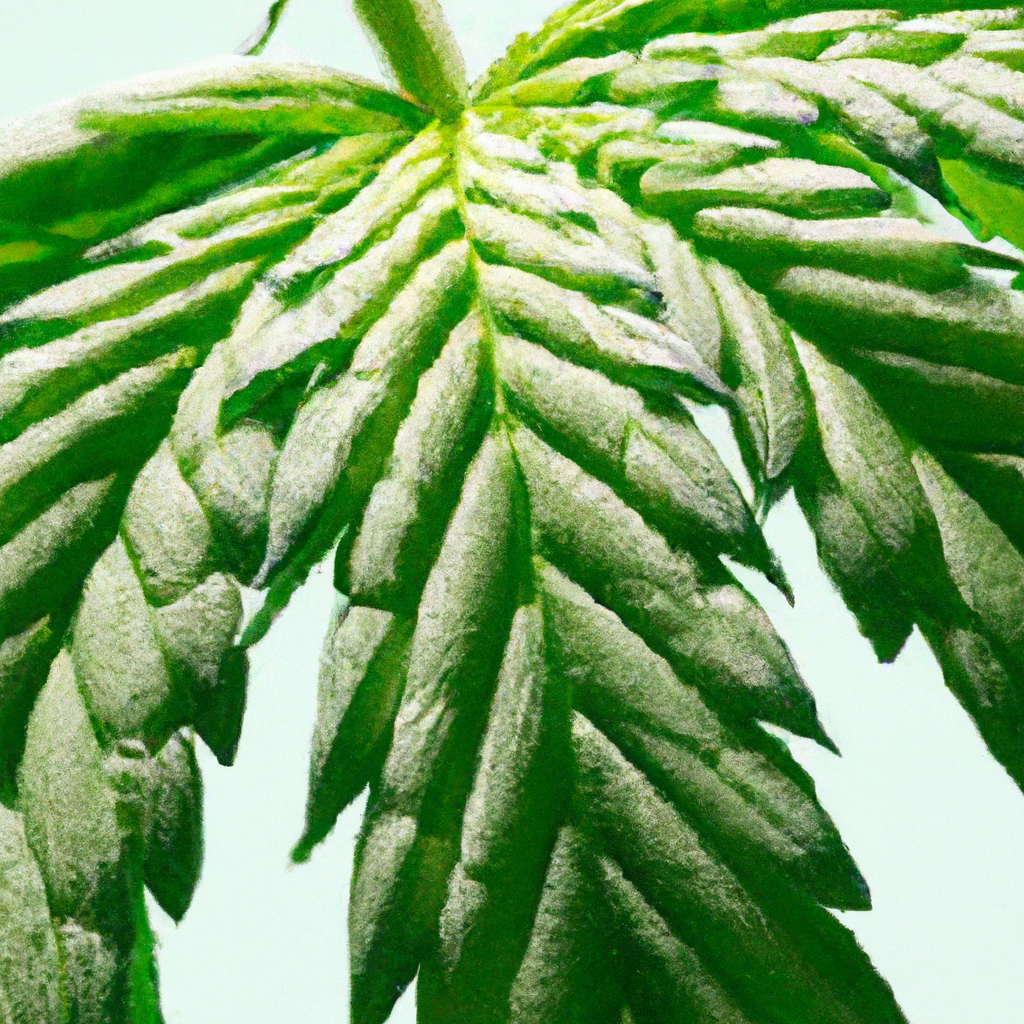
As the world shifts towards sustainable solutions, cannabis bioplastics emerge as a groundbreaking alternative to traditional plastics. Derived from hemp biomass, these bioplastics are renewable and biodegradable, significantly reducing environmental impact. Their quick-growing nature, versatility across industries, and ability to naturally decompose make them an attractive option. While challenges like cost and scalability exist, ongoing…
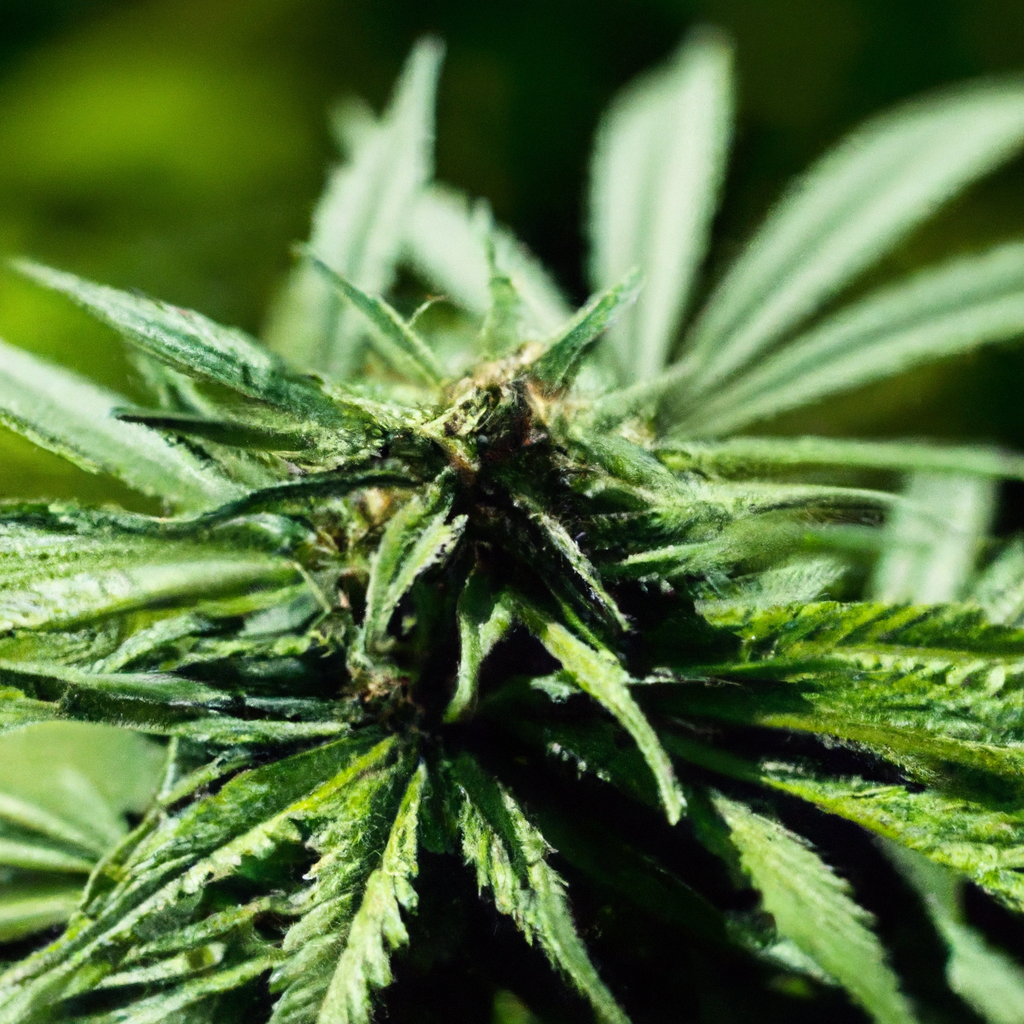
As the cannabis industry expands, understanding its intricate relationship with biodiversity is key for sustainable development. Cannabis cultivation, when managed responsibly, can positively impact biodiversity by providing habitat, attracting pollinators, and improving soil health. However, challenges such as deforestation, pesticide use, and high water demand pose risks. Adopting sustainable practices like integrated pest management, companion…
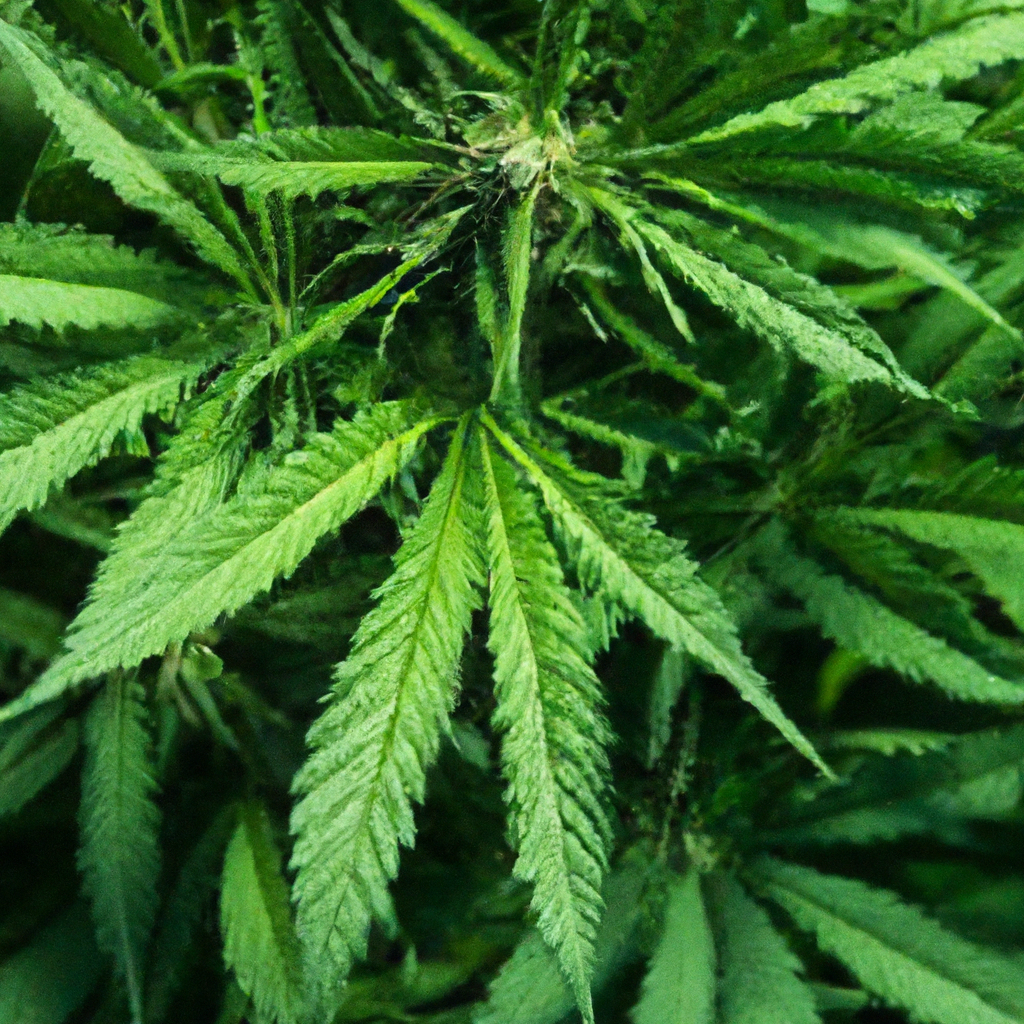
The cannabis industry offers promising eco-friendly solutions by integrating into sustainable practices, making significant contributions to a sustainable future. As a crop, cannabis requires less water, improves soil health, and aids in carbon sequestration. It reduces the agricultural footprint through organic and smart agriculture methods. Beyond consumption, cannabis supports bioproduct innovations like hemp bioplastics, hempcrete,…
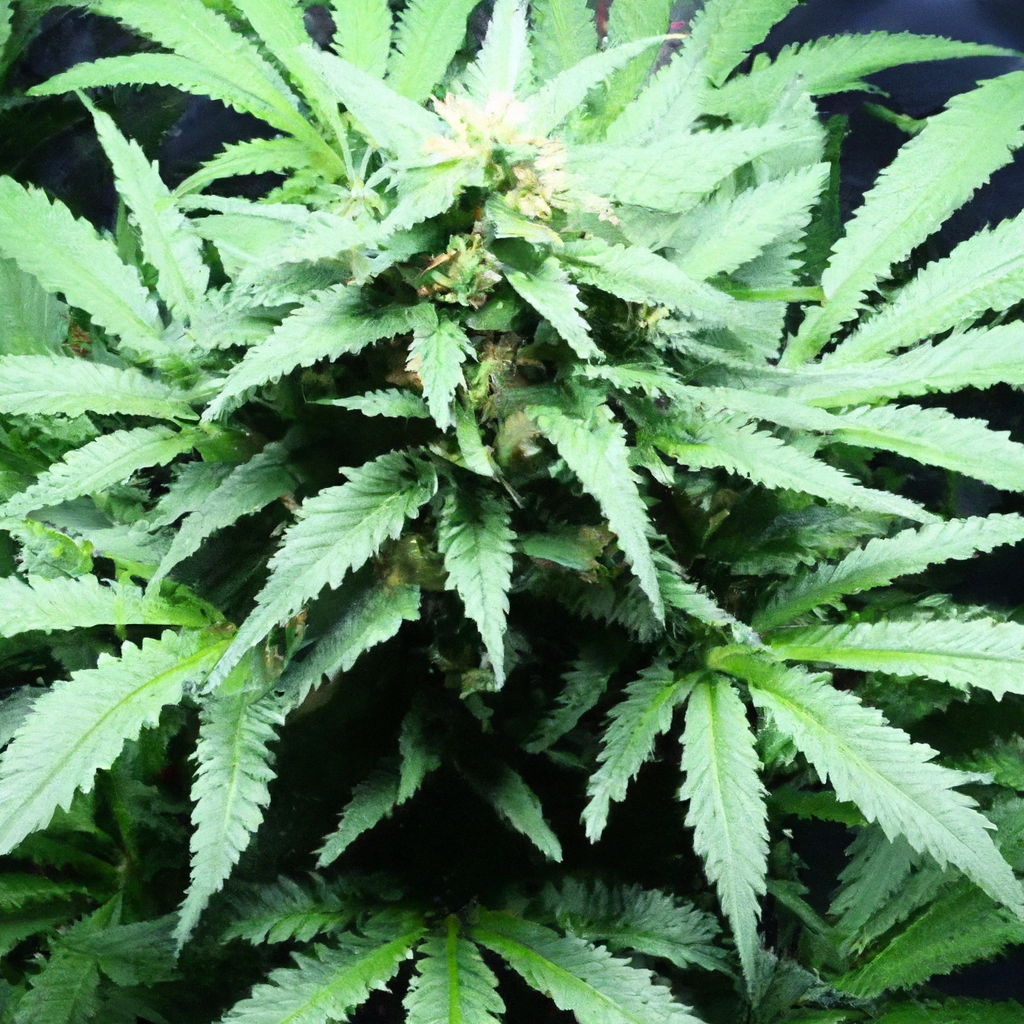
Proper humidity control is essential for successful cannabis cultivation, influencing plant health, growth rate, and yield quality. Throughout the growth cycle, adjust humidity to suit each stage: 65-70% for seedlings, 55-60% for the vegetative phase, 40-50% during flowering, and 30-40% in late flowering. Effective management techniques include using humidifiers, dehumidifiers, hygrometers, and ensuring adequate ventilation…
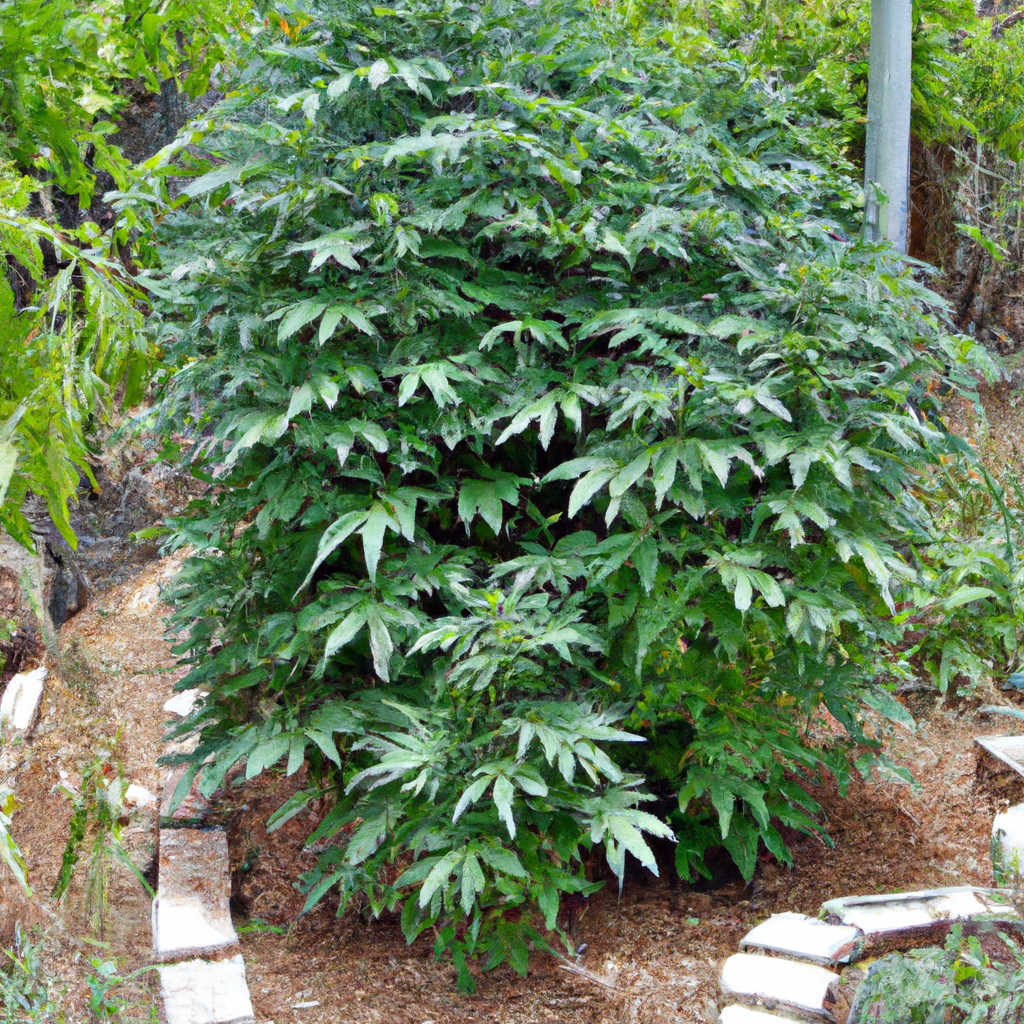
Guerrilla growing is a stealthy technique for cultivating cannabis in remote public areas, focusing on discrete yields. Success hinges on selecting the right location with adequate sunlight, access to water, and fertile soil, while employing stealth strategies like companion planting and nighttime maintenance. Addressing environmental challenges involves using pest management tactics, choosing climate-suited strains, and…
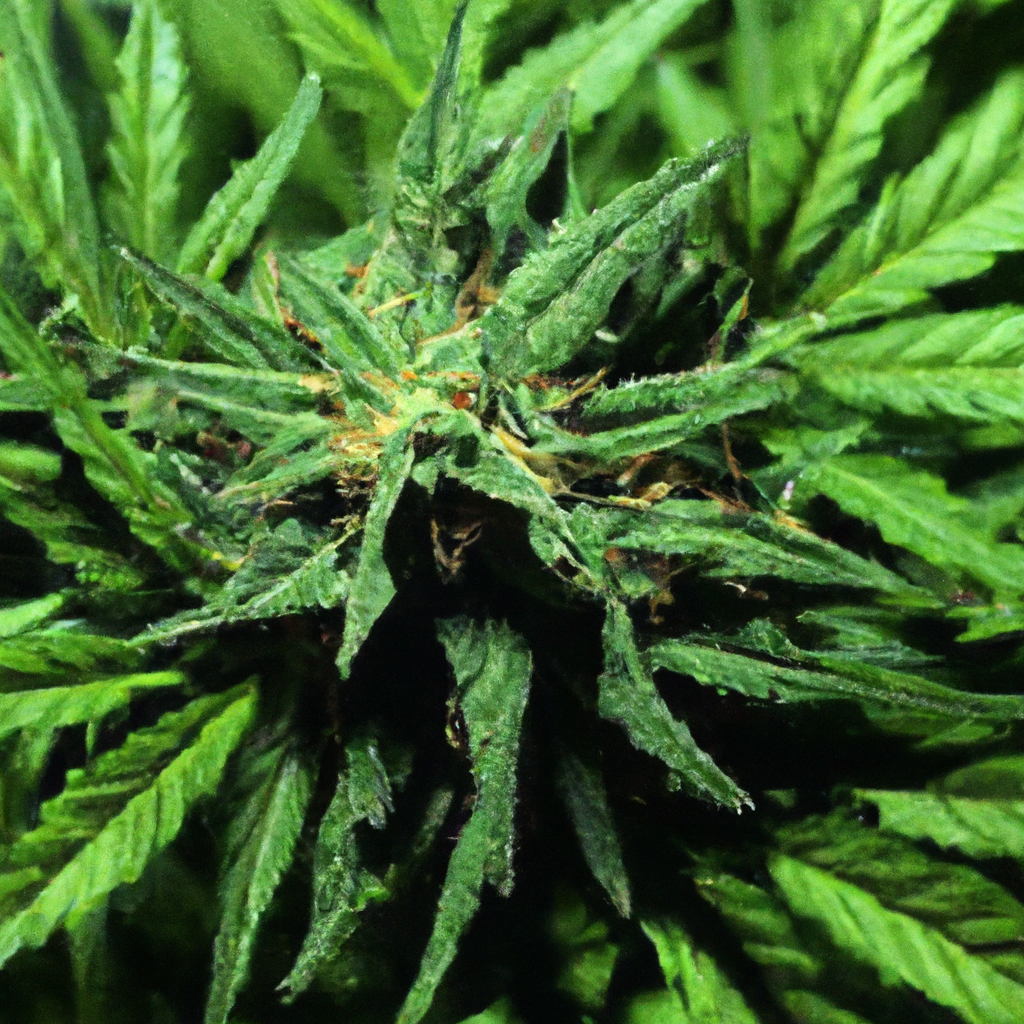
As the cannabis industry grows, adopting sustainable cultivation practices is crucial for both the environment and product quality. This article explores eco-friendly cannabis farming strategies, including maintaining soil health, effective water management, and using renewable energy. By implementing organic growing techniques, integrated pest management, and efficient resource management, growers can enhance product quality and reduce…
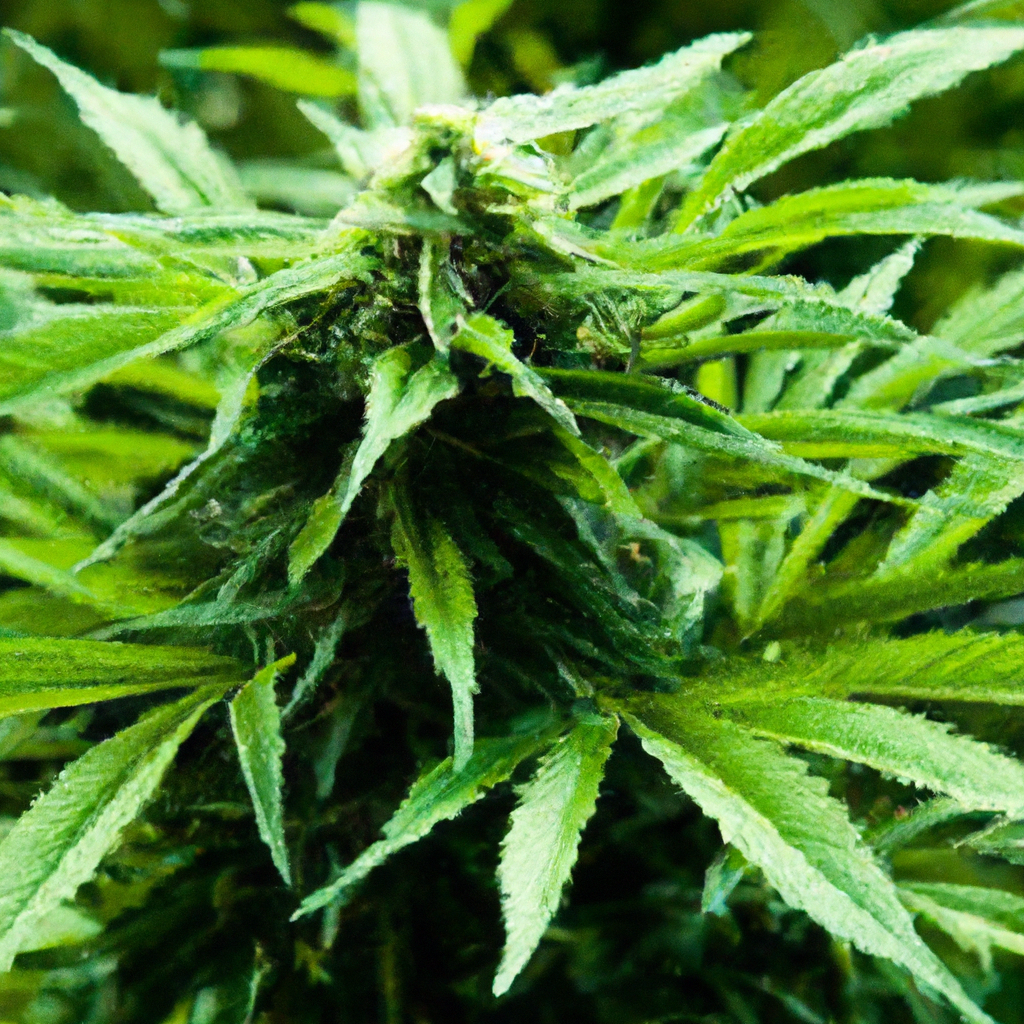
The integration of cannabis cultivation into urban agriculture is gaining momentum as legalization expands globally. Urban farming techniques like vertical farming, hydroponics, and rooftop gardens offer innovative ways to incorporate cannabis into city environments. This trend has multiple benefits, including boosting local economies, reducing environmental impact, and fostering community engagement through educational initiatives. However, growers…
